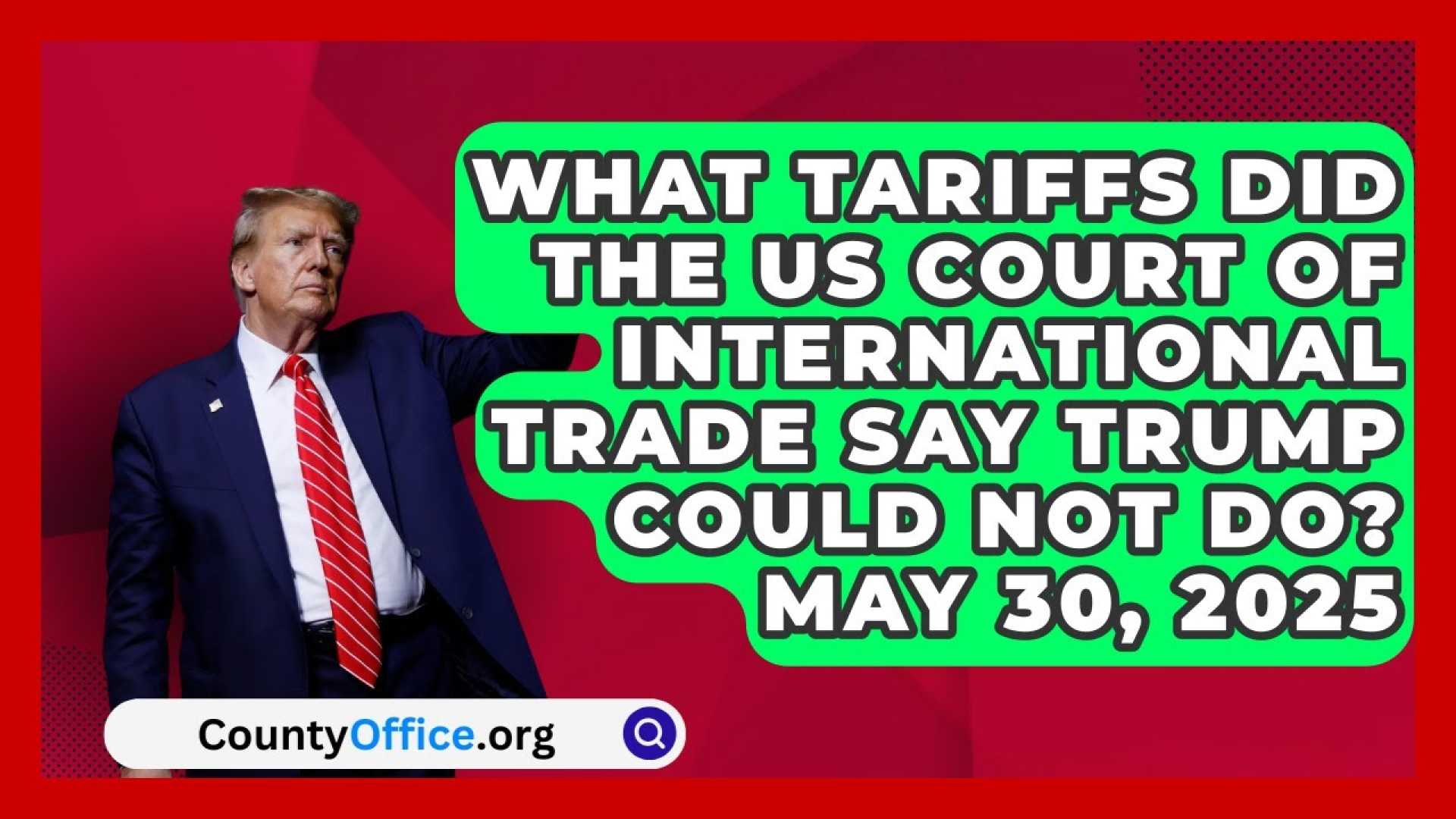Business
Trade Court Strikes Down Trump’s Tariffs, Uncertainty Prevails

NEW YORK, United States — In a significant ruling this Wednesday, a three-judge panel at the Court of International Trade (CIT) unanimously invalidated all tariffs imposed by President Donald Trump under the International Emergency Economic Powers Act (IEEPA). This striking decision impacts tariffs on Canada, China, Mexico, and other nations, marking a major setback for Trump’s trade agenda.
The CIT concluded that Trump exceeded the legal authority granted by IEEPA, highlighting restrictions on the president’s ability to impose such tariffs unilaterally. The court’s ruling sets an important legal precedent regarding the separation of powers, indicating that only Congress possesses the authority to levy tariffs.
As expected, Trump’s administration has already filed an appeal, successfully obtaining a temporary stay of the ruling. This stay permits the IEEPA tariffs to remain in effect until at least June 9, while the administration explores alternative legal avenues to impose new tariffs, potentially including Sections 301 and 232 of trade law.
These alternatives could involve imposing tariffs based on unfair trade practices or national security concerns. Such measures are likely to prolong ongoing trade negotiations as international partners await the resolution of the legal process and assessment of Trump’s appeal.
The CIT’s ruling serves as a reminder that while the executive branch plays a significant role in trade policy, judicial review remains a critical check on that power. Experts noted that the decision could influence more than just trade dynamics, addressing the broader implications of presidential emergency powers.
In response to the ruling, financial markets reacted swiftly. U.S. government bond yields increased, with the thirty-year Treasury yield surpassing 5 percent. Analysts believe that reduced tariff revenues may necessitate higher bond issuance to bridge the deficit, potentially affecting overall economic growth.
Despite the judicial setback, Trump is likely to continue exploring his tariff policies through alternative measures. The current landscape emphasizes that trade relations will remain tumultuous as countries like Japan and South Korea seek early agreements, despite the uncertainties surrounding U.S. tariff policies.
This ruling demonstrates the limitations of presidential authority over trade and may force the administration to rely more heavily on legislative frameworks moving forward.












